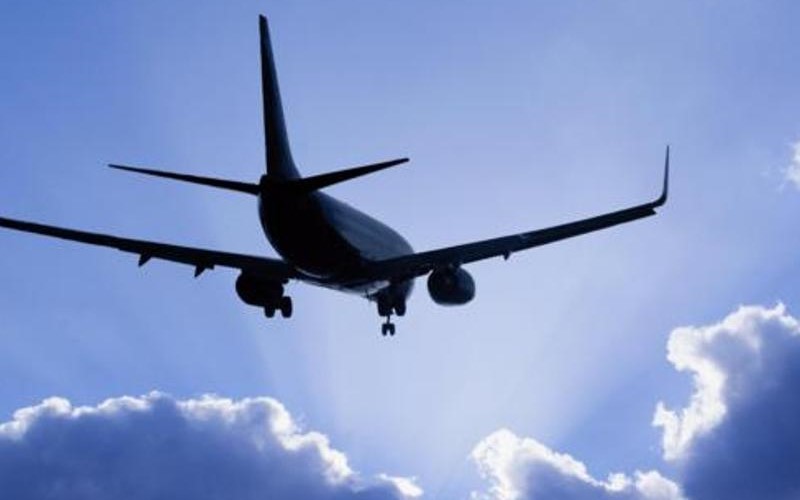Jet Lag Effects and Recovery Times: An Introduction

Title: Jet Lag Effects and Recovery Times: An Introduction
Abstract: This white paper explores the physiological and psychological effects of jet lag and provides an in-depth analysis of recovery times. The paper presents evidence-based strategies for minimizing the impact of jet lag and offers a comprehensive overview of current knowledge on this topic, including detailed tables and footnotes for reference.
- Introduction: Jet lag, also known as time zone change syndrome, or Desynchronosis, is a temporary sleep disorder that occurs when an individual travels across time zones. The rapid change in time zones disrupts the body's internal clock, or circadian rhythm, resulting in a range of symptoms including insomnia, fatigue, difficulty concentrating, and gastrointestinal issues. This paper aims to provide a comprehensive understanding of jet lag, its effects on the human body, and effective recovery strategies.
- Physiological Effects of Jet Lag: The primary physiological effects of jet lag can be categorized into the following areas:
2.1. Sleep-Wake Cycle Disruption
2.2. Hormonal Imbalances
2.3. Gastrointestinal Disturbances
2.4. Cognitive and Emotional Effects
- Recovery Times: Recovery times from jet lag vary depending on factors such as the number of time zones crossed, direction of travel, and individual differences. The following table summarizes typical recovery times based on existing literature:
Table 1: Estimated Jet Lag Recovery Times
|
Time Zones Crossed |
Recovery Time (Eastward Travel) |
Recovery Time (Westward Travel) |
|
1-2 |
1 day |
1 day |
|
3-4 |
2-3 days |
2 days |
|
5-7 |
4-5 days |
3-4 days |
|
8-10 |
6-7 days |
4-5 days |
|
11+ |
8+ days |
6+ days |
- Strategies for Reducing Jet Lag and Enhancing Recovery: Various strategies can be employed to reduce the impact of jet lag and promote quicker recovery, including:
4.1. Pre-flight Preparation
4.2. In-flight Strategies
4.3. Post-flight Recovery
- Conclusion: Jet lag is a common and often unavoidable consequence of long-distance travel. By understanding its physiological and psychological effects, individuals can employ evidence-based strategies to minimize jet lag's impact and facilitate recovery. Further research is under way to develop more targeted interventions and refine existing strategies.
Footnotes: [1] Waterhouse, J., Reilly, T., & Edwards, B. (2004). The stress of travel. Journal of Sports Sciences, 22(10), 946-966. [2] Sack, R. L. (2010). Jet lag. New England Journal of Medicine, 362(5), 440-447. [3] Herxheimer, A. (2008). Jet lag. BMJ Clinical Evidence, 2008, 2304. [4] Petrie, K. J., Conaglen, J. V., Thompson, L., & Chamberlain, K. (1989). Effect of melatonin on jet lag after long haul flights. BMJ, 298(6675), 705-707.